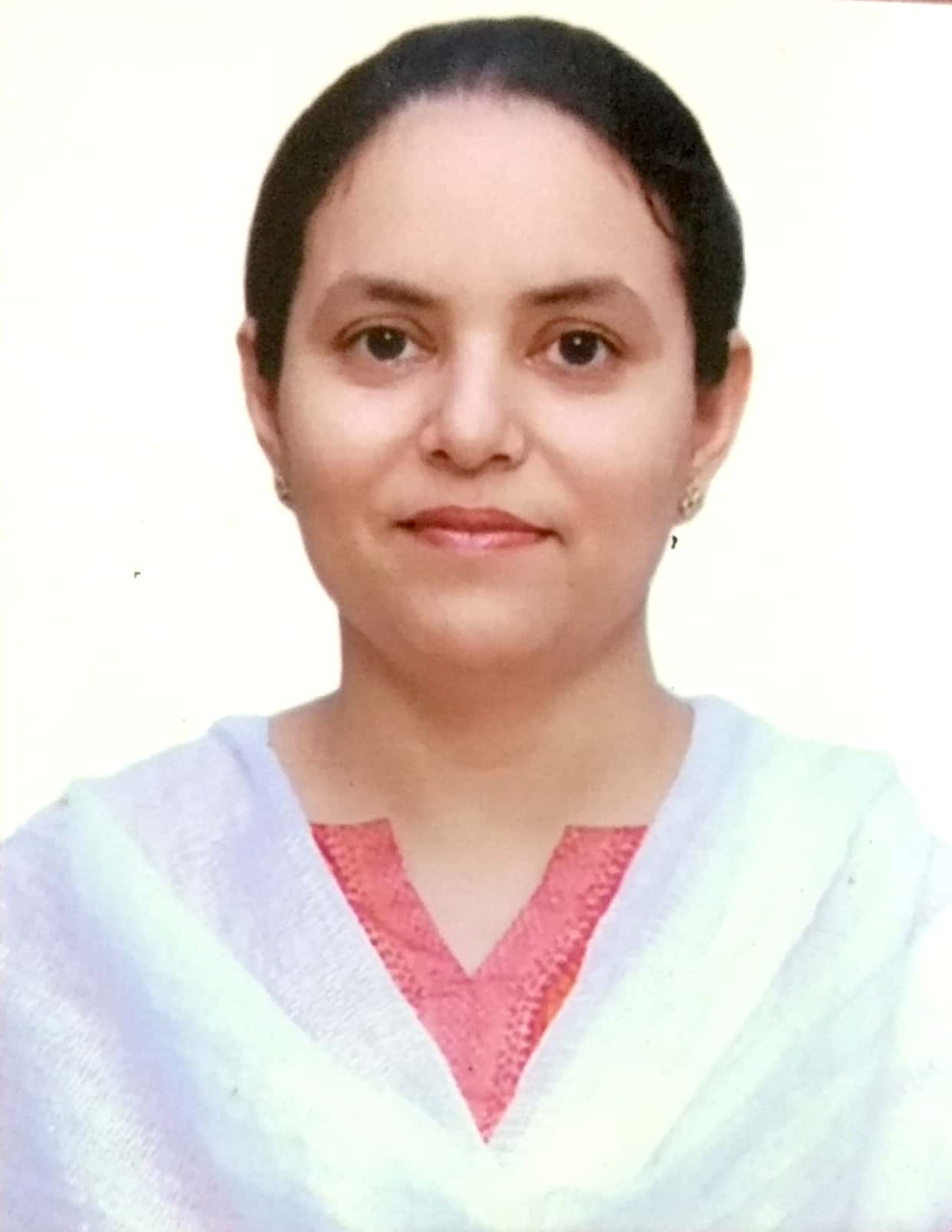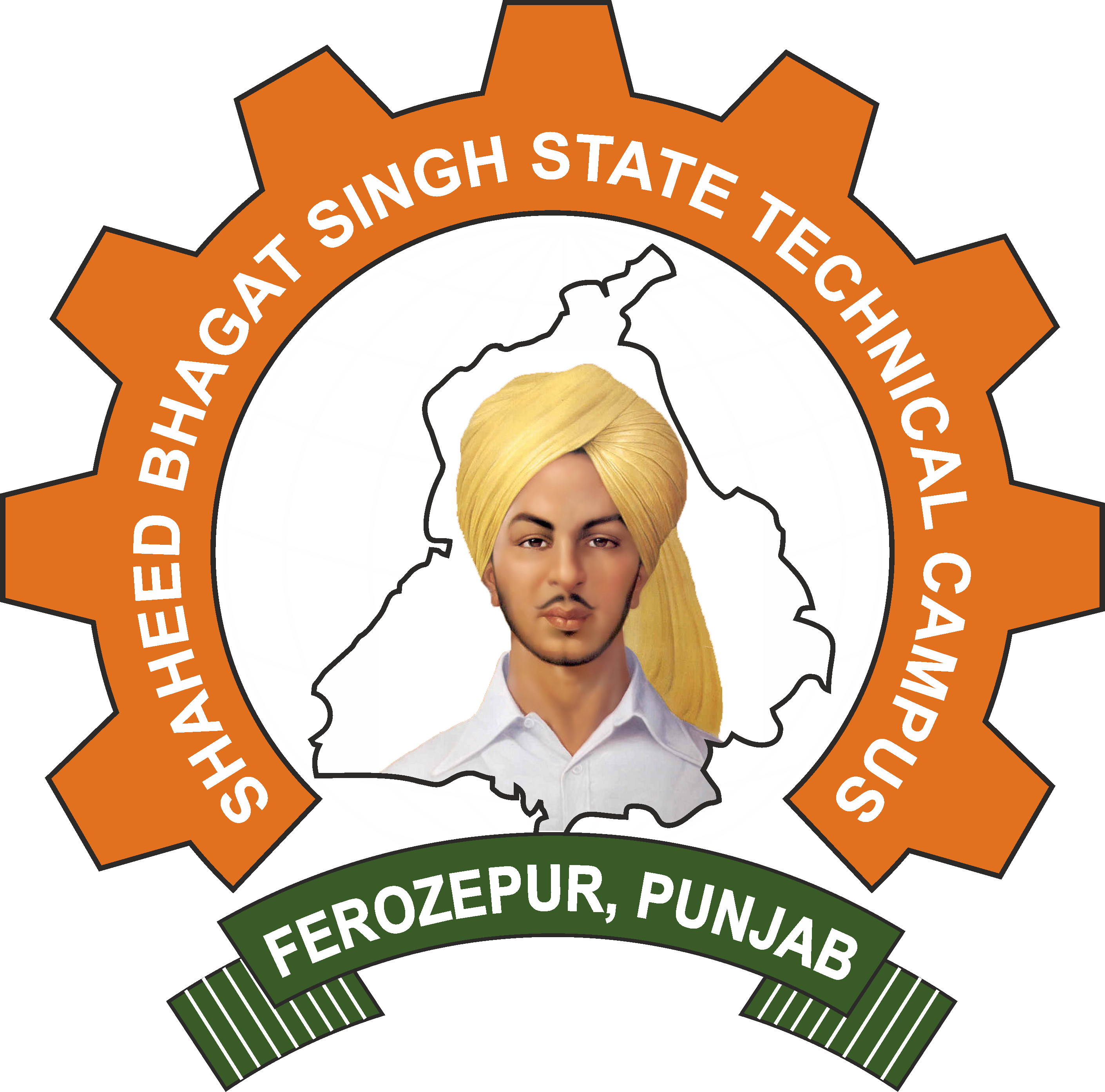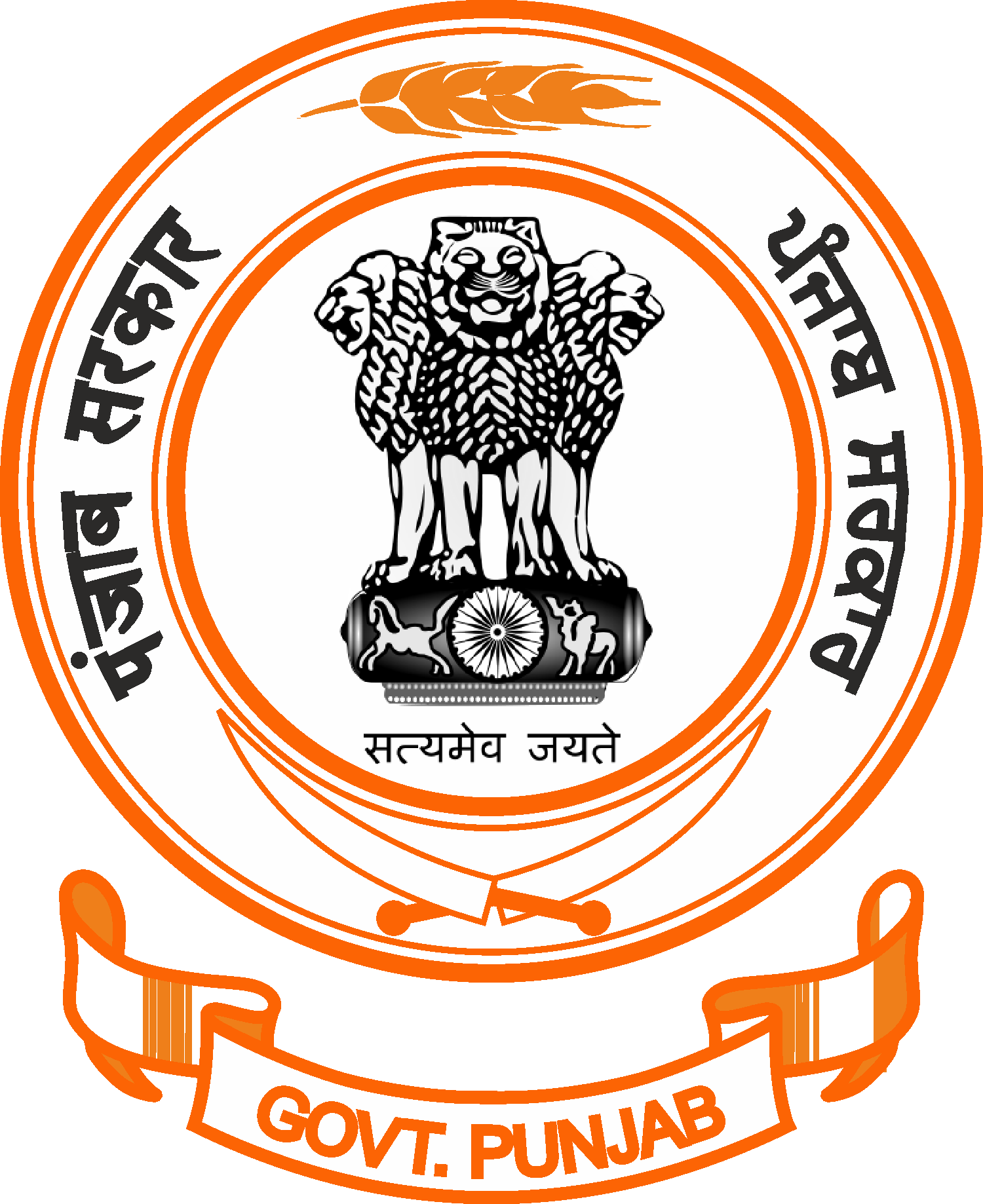Department of Chemical Engineering
| Department & Head | Faculty Profiles | Laboratories | Reseach Activities | DQAC | Student Society | Feedback |
Department & Head
| The Department of Chemical Engineering was started in 1996 to cater to the requirements of
chemical industry. The department has highly experienced and dedicated faculty & staff with educational
background from renowned institutions in the country. The intake of the department is 30 at present.
Department of Chemical Engineering endeavors to develop the competencies in the students for any
challenge in their professional practice and contribute to society. Students are encouraged to take up
projects, which will help them to sharpen their Chemical Engineering skills in practice. Department is presently being headed by Dr. Balpreet Kaur who has obtained her Ph.D. in Chemical Engineering from Thapar Universiy, Patiala She is actively involved in research, expert talks and has been undertaking funded projects. |
 Dr. Balpreet Kaur (HOD CHE) |
|
| Vision of the Department To be identified as a preferred destination for professional studies responsive to industrial and societal needs of the country. |
|
Mission of the Department |
|
|
|
Programme Educational Objectives | |
| Professional accomplishments | |
| Placement of Graduates in reputed Industrial houses/ regulatory bodies handling production, projects and consultancy demonstrating expertise in Chemical Engineering practice | |
| Professional development | |
| Engagement of Graduates in life-long learning demonstrated by pursuance of Post- graduation in relevant fields of Engineering/management and subsequent placement as managers/team leaders | |
| Design and innovation | |
| Involvement of Graduates in Research & Development showing their ability for realization of new/novel techniques/solutions | |
| Social and professional ethics | |
| Ability of Graduates to demonstrate team spirit, responsibility towards society and sound ethical behavior | |
Programme Outcomes | |
| The following are the expected programme outcomes for Graduates of the department. Graduates of Chemical Engineering will demonstrate: | |
|
|
Programme Outcomes | |
| Engineering graduates will be able to: |
|
Official Address:
Director
Shaheed Bhagat Singh State Technical Campus
Moga Road (NH-95), Ferozepur-152004 (Punjab) India
☎ +91-1632-242138 [Fax], 91-8288-012050 [Phone]
Email: director@sbsstc.ac.in
Copyright © 2015 - All Rights Reserved. |


